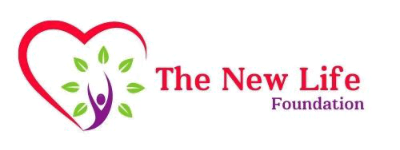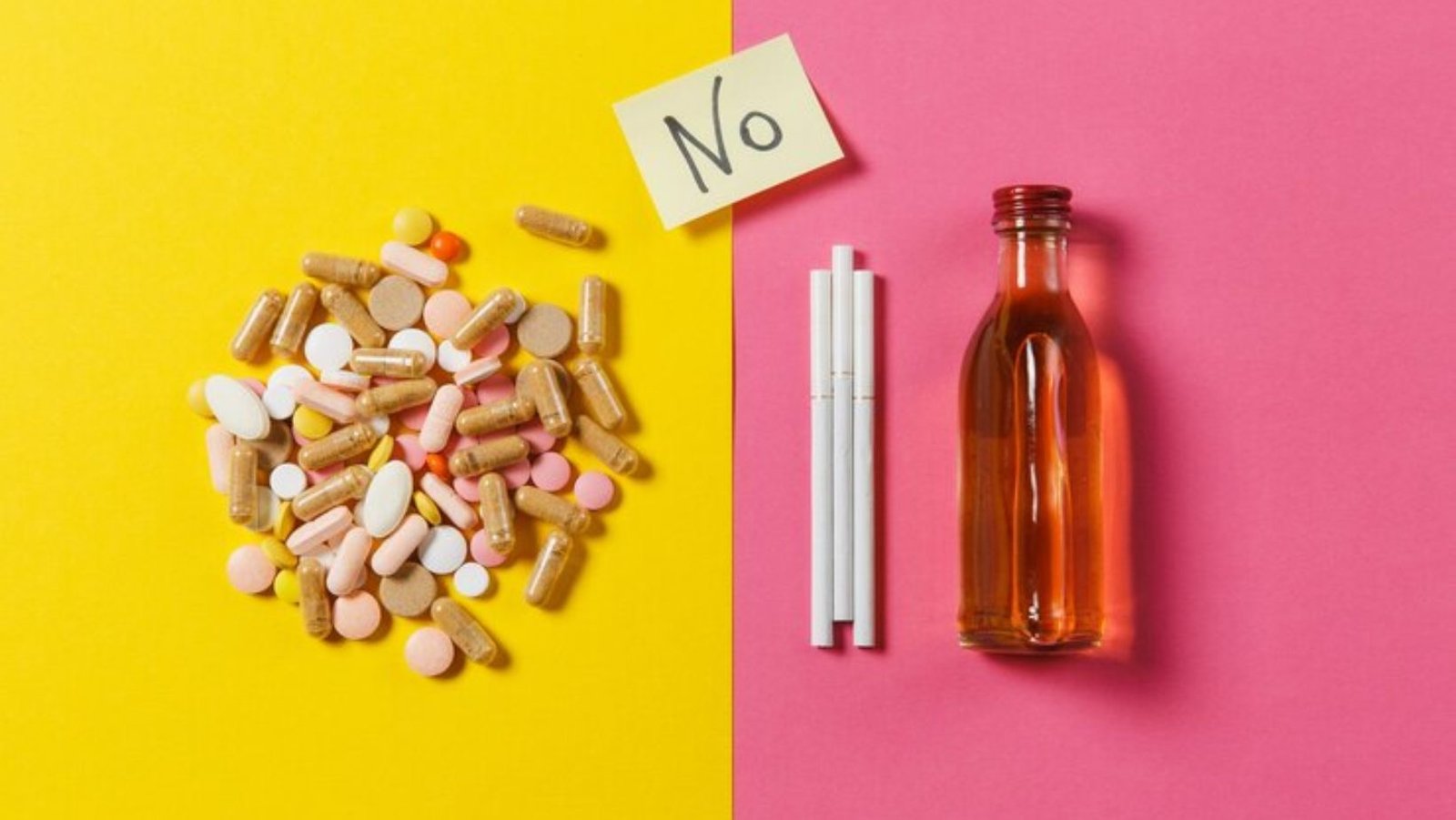Understanding Relapse: Why it Happens and How to Prevent It
Relapse is the return to substance abuse after being drug- or alcohol-free. It’s not uncommon for people who struggle with addictions to relapse after completing treatment, and it doesn’t mean treatment failed. Instead, a relapse signifies that additional and/or a different form of treatment is necessary. Understanding relapse, triggers, and treatment are important steps toward relapse prevention.
Why Does Relapse Happen?
Addiction is a chronic medical condition characterized by an inability to control substance use despite the harms it leads to.1 And addiction, or substance use disorders, affected more than 20 million Americans aged 12 and older according to recent surveying. Due to the chronic nature of addiction, relapse—the return to substance abuse after being drug- or alcohol-free—is often part of the disease. Close to half of the people who experience drug or alcohol addiction also experience relapses in recovery. Estimated to be 40 to 60 percent, the relapse rate for substance abuse is akin to the rate of relapse for other chronic medical illnesses, such as asthma, hypertension, and diabetes.
Addiction is a brain disease and, as such, may involve disruptions to certain brain circuits and neural processes as a result of chronic drinking and/or drug use. Pathways involved in how a person feels pleasure and processes rewards, memory, and decision-making can be altered through substance abuse. With repeated use, alterations in brain chemistry and functioning can result in the development of substance dependence. Once a person becomes significantly physically dependent, withdrawal symptoms and drug cravings may be common side effects of drinking or drug use slows or stops suddenly. Someone who has grown dependent on a substance may not feel “normal” without it. Therefore, a return to drug or alcohol use may seem like a good way to get back to feeling OK, curbing withdrawal symptoms, and combating strong cravings.
When is it Considered Relapse?
A relapse is a return to drinking or drug use after attempts have previously been made to stop. It can be both a single event and a process. Before getting to a full-blown relapse, however, a person may experience a lapse, described as the initial use of a substance after a period of recovery.4 The late addiction researcher G. Alan Marlatt, PhD, referred to a lapse as an abstinence violation. According to Marlatt, what matters after a lapse is the person’s emotional response to the violation. This response can be a good indicator of whether the individual will relapse.
Treatment Programs Reduce Relapse Rates
Relapse can be an indication that treatment needs to be reinstated or adjusted. Sticking with treatment for the entire length of the program is important, too. Research supports a correlation between longer lengths of time in treatment and improved treatment outcomes. Adequate lengths of treatment may help to ensure that the full range of a patient’s unique problems and needs are addressed.
Professional treatment can help manage both the psychological and physical factors of addiction to promote recovery. To these ends, comprehensive substance abuse treatment programs often include therapeutic and pharmacological methods to promote and sustain recovery while minimising relapse and managing use triggers. Many successful treatment plans are specifically tailored to each individual. Relapse prevention and other treatment strategies may consider the person’s environment, level of motivation, the severity of their addiction, co-occurring medical and mental health conditions, and others.
A person’s support system may also play an important role in recovery and the avoidance of relapse. Family counselling and therapy sessions may help loved ones to better understand the disease of addiction and learn to recognize potential relapse triggers and ways they can support in those instances. Communication skills and the overall family dynamic may improve through family therapy as well.

